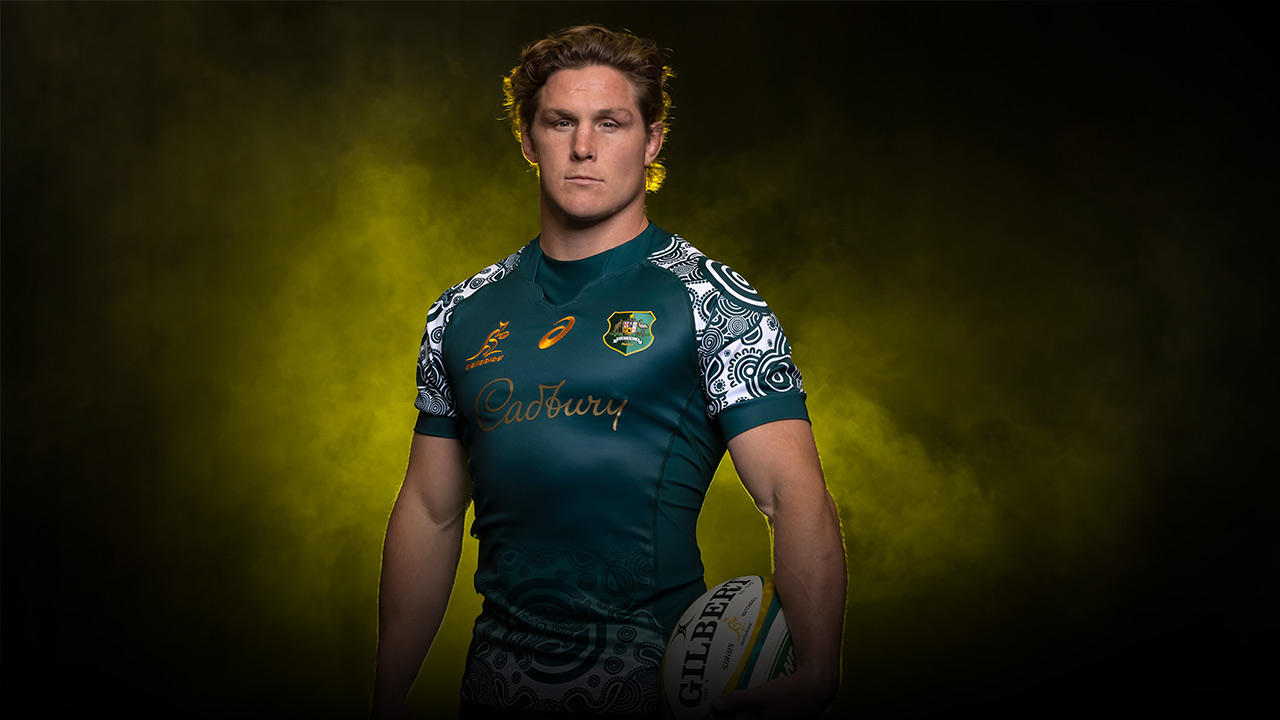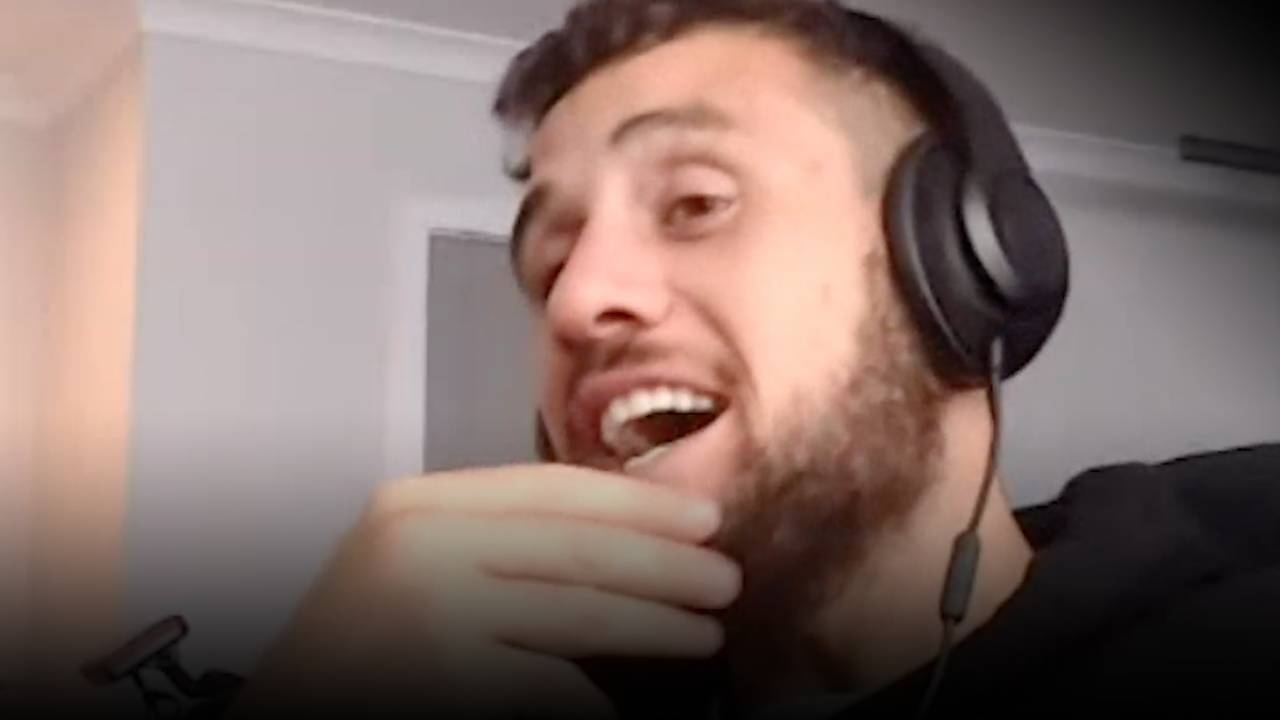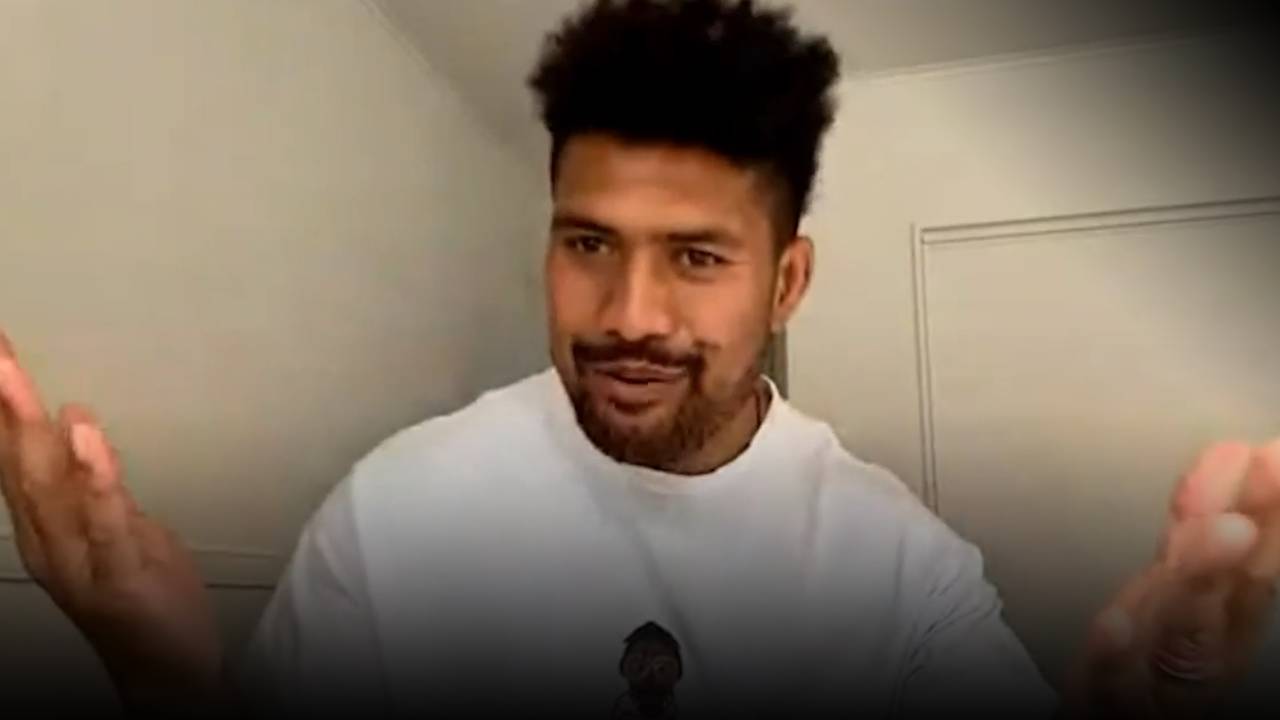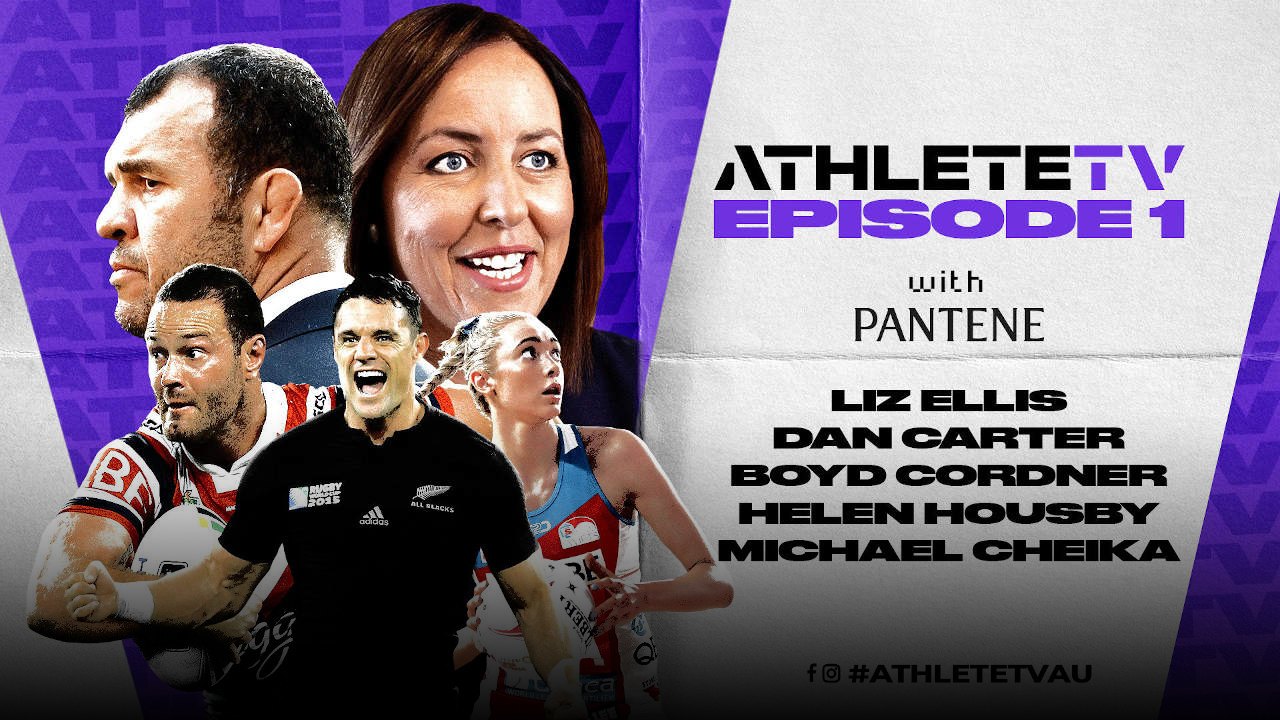Out of Africa
I grew up in South Africa where religion is a much more present force in society than in a secular country like Australia, especially among the rugby community. Many players come from very traditional conservative religious backgrounds.
I was at a team dinner for the South Africa under-21s. Jake White was coach; Naas Botha, the famous Springboks fly-half, was manager. Naas said a few words before dinner and then handed over to me, as captain, to say grace.
I was 19 and taken completely by surprise. It was just assumed I was religious. No-one would have questioned that there might be an atheist in the team, much less the captain! I was confronted by the situation and I mumbled some regurgitated grace I’d heard somewhere else.
It didn’t seem appropriate in that instance to say, ‘Well, I don’t believe in what you do and someone else should say this grace.’ In hindsight, I probably should have.
I feel for him as a person. He’s got strange ideas in his head and he didn’t necessarily choose them. He appears to be caught up in a relatively small community of zealots.
It was similar after games. Someone would grab you and you’d take a knee in the compulsory prayer circle. I never said a prayer in those circles, I just wanted the event to end. I didn’t want to upset the apple cart.
As a teenager, I hadn’t figured things out. I knew I didn’t believe in anything supernatural. But I was sensitive to the faith of my teammates and didn’t want to rock the boat.
I never felt comfortable with how much religion was intertwined with the ethos of the team and the psychology of players. I was very awkward being ‘invited’ into these prayer circles. It felt entirely compulsory – no-one ever asked me if I wanted to be part of it.

Freedom OF EXPRESSION
I’ve been having a dialogue with Matty Toomua on these issues, and I’m grateful to him for having this conversation with me. He’s a guy that comes from a Polynesian community.
He was raised in a very religious home. He’s had a tremendous evolution in his views and they’re continuing to change because he’s open to good arguments.
Matt also highlights the fact that the Polynesian playing group are not a mono-culture, which is something that seems to have been missed by the media.
For the most part, I think an employer should be able to dictate the terms of a contract. If both employer and employee recognise what that contract represents, then there should be no confusion regarding the responsibilities and commitments of both parties.
I was 19 and taken completely by surprise. It was just assumed I was religious. No-one would have questioned that there might be an atheist in the team, much less the captain!
Employers have every right to terminate contracts when those contracts have been breached. But we should be very wary of how sensitive we are as a society to speech. Where do we draw the line on freedom of expression?
In my opinion, in the context of the events last year, where Israel was formally warned, it seems homophobia is clearly over the line.
A friend offered an example that you can pick out bits of the Bible that might suggest you beat your wife, to keep her subservient. There are parts in the Bible that suggest we be nice to our slaves. There are parts in it that say don’t get tattoos!
If Israel had picked a passage in the Bible and told his followers: beat your wife because you’ll go to hell if you don’t, I don’t think we’d be having the same “debate” around whether Israel has a right to freedom of speech or whether he should be sacked.
He just would be.

We can get to the bottom of these issues by asking ourselves where the harm is being felt.
The people being harmed by Israel’s publicly expressed views are not the professional athletes. Israel is going to be fine. Worst case, he has to find another job.
He’s an extremely privileged professional athlete who has done very well out of the three codes which have all paid him handsomely.
Those who’ll be most harmed are young people struggling with their sexual identity. We know from statistics that they are far more vulnerable to mental health issues, and to suicide, because of the stigma that’s applied to people who are gay.
It’s a case of acknowledging that. Yes, it can be hard to empathise, to walk in another person’s shoes. But when you really break this down, we should ask: where is the suffering most acute? And it’s young people struggling with their sexuality.
Israel listed a bunch of other people who are going to burn in hell. Like a lot of people, I qualified for the many of the sins. But most of us can laugh it off because it’s totally absurd.
Maybe in 10 years’ time people will be able to post what Israel has and it will be laughed off, ‘He’s a religious kook, people believe crazy things, let’s all move on’.
Where it stops being silly and gets serious is on the subject of persecuting people for immutable parts of their makeup. You can’t choose your sexuality. To persecute people for that, it crosses a line.
If I said anyone who reads comic books is going to hell; no-one would pay attention. It’s not a sensitive issue. Homosexuality is.
And it’s right that it is. Australia’s only just become a country where gay people can be married. There’s real progress being made. And then when you have someone as influential as Israel making the comments that he has, it’s a regression in that progress.
The people being harmed by Israel’s publicly expressed views are not the professional athletes. Israel is going to be fine. … Those who’ll be most harmed are young people struggling with their sexual identity.
My first thoughts when I read the comments by Samu Kerevi and Taniela Tupou supporting Israel, was that players have always had different views. But connect social media with outspokenness and ignorance and you have a real problem.
Today you have athletes with hundreds of thousands of followers. An opinion can reach millions of people once it’s broadcast. It’s not clear to me that most athletes – or even public figures in general – are prepared for the implications of such reach.
If I have a slip of the tongue having a coffee with friends, the consequences are minimal. You can revise your thoughts, change your mind, there’s very little accountability. Saying certain things online can put your job in danger. This is something we should all be concerned about.
One of the things I’m trying to do with Letter, my project with Matty Toomua – is to get conversation happening at a slower pace, to help us have more thoughtful discourse.
We should make a virtue out of people changing their minds. We tend to criticise people for flip-flopping. But if you’re able to change your mind by reasoning through problems, that’s how society improves. We need more openness to that.
Growing up in South Africa highlighted that we can’t take the functioning of society nor the freedom of individuals for granted. It’s something that has to be fought for.
Throughout history much blood has been spilled for freedom. In Australia, we think the freedom we enjoy is natural. But it’s a manufactured thing that we humans have created. It’s why conversation matters. Because we have a stark choice between conversation and violence.
More about: Israel Folau | Religion | South Africa | Springboks | Super Rugby | Wallabies | Waratahs




 Load More
Load More